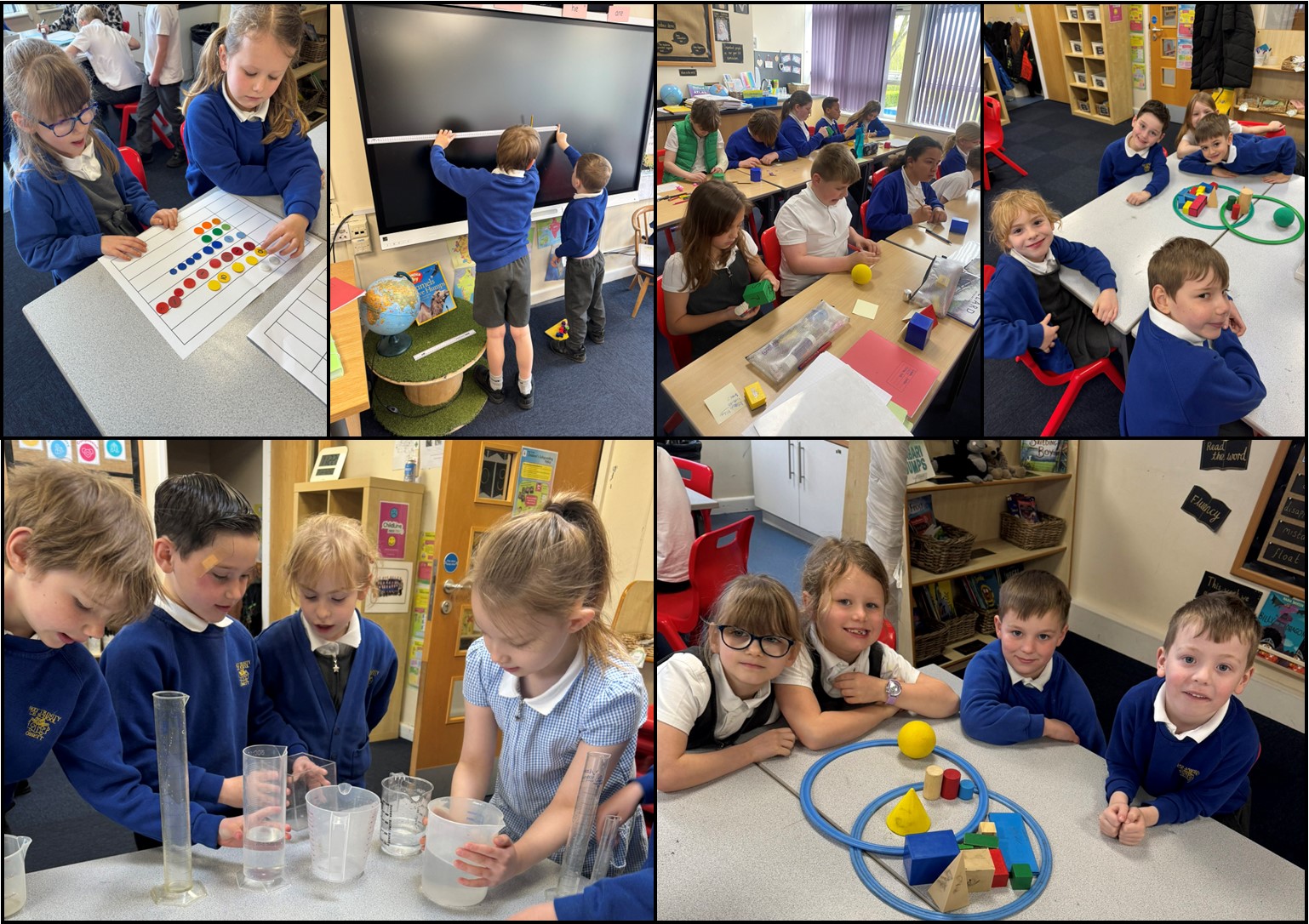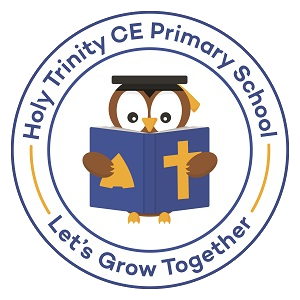Maths
"At Holy Trinity School, our children are Mathematicians!
Our Maths provision at Holy Trinity School aims to build a curriculum which develops learning and results in the acquisition of knowledge and skills so that all pupils know more, remember more and understand more.
When teaching mathematics, we intend to use a variety of teaching methods and resources that allow all pupils equal access to mathematics and to experience maths success and enjoyment throughout their lives. Over time, children will become more resilient learners who are able to understand that to make mistakes or become stuck is a necessary step in any learning. Children will be appropriately challenged and supported through varied fluency, reasoning and problem solving. Irrespective of personal starting points, children will explore maths in depth, and use a range of mathematical vocabulary to reason and explain their own thinking. Pupils will continue to build their knowledge by recalling and adding to previous knowledge and skills, then apply these new skills to a wide variety of contexts both within maths and across the curriculum.
We implement our approach through quality first teaching and the delivery of appropriately pitched work for all groups of learners supported by the materials from White Rose Scheme of Learning, NCETM and an external maths consultant. We are also implementing Mastering Number in Reception and Key Stage 1 this year to ensure our children gain a deep understanding of number early on in their maths journey.
Embedded throughout lessons are the 5 Principles of Mastery. To ensure lessons are coherent they are broken down into small, connected steps that gradually unfold the concept, providing access for all children and leading to a generalisation of the concept and the ability to apply to a range of concepts. Representations are used in lessons to expose the mathematical structure being taught, with the aim to be that pupils can do the maths without recourse to the representation. Mathematical thinking encourages our pupils to think, reason and discuss ideas and strategies within their classroom environment. Pupils become fluent mathematicians through quick and efficient recall of facts and procedures and the flexibility to move between different contexts and representations of mathematics. Variation is built on over a sequence of lessons and represents concepts in more than one way. "
Mr Wood, Maths Lead

